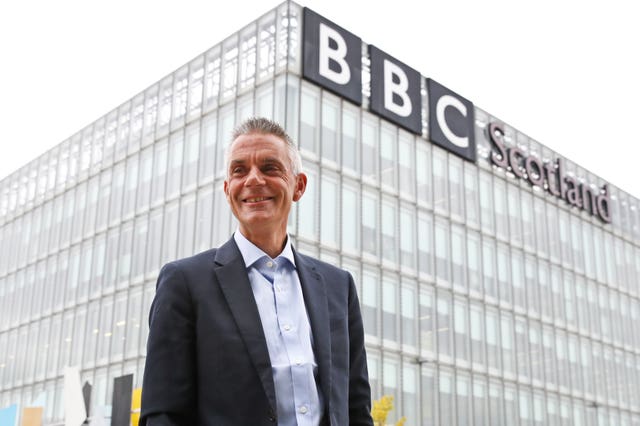The BBC’s survival depends on doing better at diversity, June Sarpong has said.
The broadcaster’s director of creative diversity said that audiences were speaking out.
“Now the audience themselves are very vocal, and not just of the BBC or of broadcasters but of any institution and company in general,” she told Ofcom’s Small Screen: Big Debate virtual conference.
She added: “We understand that it’s absolutely vital for our success and our survival.
“It’s no longer a nice-to-have, it’s a must-have.”

Sarpong continued: “In a way our survival is also in the balance and this is a key part of ensuring we are here for another 100 years.”
She suggested the BBC had not done enough to connect with white, working-class audiences.
Sarpong was asked whether the portrayal of new BBC boss Tim Davie – as someone under whom the broadcaster reversed its decision not to air lyrics for traditional songs at the Proms – was a threat to diversity.
“Not at all. At the end of the day the BBC is a public service broadcaster. It’s paid for by the general public,” she said.
“Our ethos is about being (there) for all of us and that means you have to balance opposing views and groups that perhaps don’t see eye to eye.
“What Tim is doing is ensuring we don’t ignore any part of our audience.”
“Often” there is a lot “of focus (that) the BBC doesn’t represent BAME audiences enough (and) we talk about young people”, she said.
“But we know that we’ve had serious issues (with other groups) and I think it’s about getting the balance,” she added.
“I’m always making sure that I’m banging the drum for working-class audiences because I come from a working-class background… We grew up in a white, working-class community.
“I totally understand when it comes to immigration that is the community that has actually lived it. And often we don’t have the sort of nuanced debate around this stuff that we need to.
“I’m not concerned at all. I think we’re going to have a more in-tune relationship with more of our audiences.”
